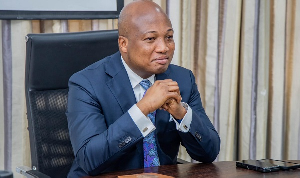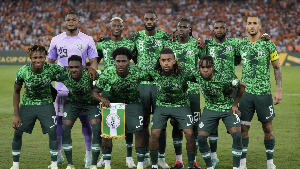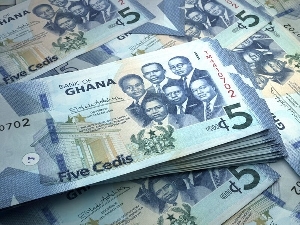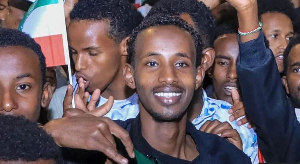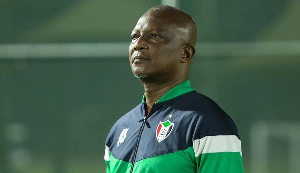By Francis Ahia and Eric Fredua-Kwarteng
On May 13, 2015, the Organization for Economic Cooperation and Development (OECD) published its report titled “Universal Basic Skills: What Countries Stand to Gain”. The report authored by Eric A, Hanushek and Ludger Woessmann contains ‘global’ rankings of the performance of 15 year olds in science and mathematics assessments. Various news media outlets around the world, including the BBC published extracts from the report on its online website on May 13, 2015. However, this is the first time the OECD has undertaken such assessment that includes both developing and developed countries. Of the 15 year olds that were assessed and ranked in 76 countries, Ghana came to the bottom position; South Africa claimed the 75th position; Botswana took the 70th spot; Morocco held the 73rd rung and Tunisia got the 64th place. These were the only five countries in Africa that participated in the assessment. Five Asian countries namely Singapore, Hong Kong, South Korea, Japan and Taiwan took the top positions respectfully in the rankings.
According to the OECD report, the primary purpose of the assessment and rankings “is to give more countries, rich and poor, access to comparing themselves against the world’s education leaders, to discover their relative strengths and weaknesses, and to see what the long-term economic gains from improved quality in schooling could be for them”. Nonetheless, what is so intriguing is the link to economic growth projections based on achievement in mathematics and science of 15 year olds. For example, it is projected that Ghana could increase its economic growth by 3,881% over the life span of the 15 year olds if they acquired basic mathematics and science skills.
The report also states that countries with high mathematics and science achievement have put in place policies to attract the most talented teachers for the most challenging classrooms so that all students notwithstanding socio-economic status have access to excellent teachers. Furthermore, the report states that in typical Asian classrooms the teachers are committed to ensure that every student succeeds in achieving an acceptable level of skills and knowledge by providing the necessary supports and resources.
The assessment results suggest that we Ghanaian adults have failed our children and the repercussion is the negative impact on our country’s economic growth. Since the assessment report came out, a lot has been written and said about what could have been done. However, we want the focus to shift to what should be done now to foster mathematics and science achievement among the youth. The least we could do is to study the mathematics and science teaching practices of the successful countries for the purpose of adapting those practices we consider useful. Ghana has one huge advantage: Ghanaian children are among the most resourceful, talented, and energetic young people in the world. But ineffective classroom teaching practices and assessments have stifled their enthusiasm and aspiration for mathematics and science achievement. Consequently, we appeal to our honourable Minister of Education to stop the barrage of excuses for Ghana’s poor performance in the assessment and accept the challenge of creating the necessary learning environment to allow our children to be the best in the world. Little doubt, Ghanaian children have the potential to rise to the top!
Opinions of Sunday, 5 July 2015
Columnist: Ahia and Fredua-Kwarteng


